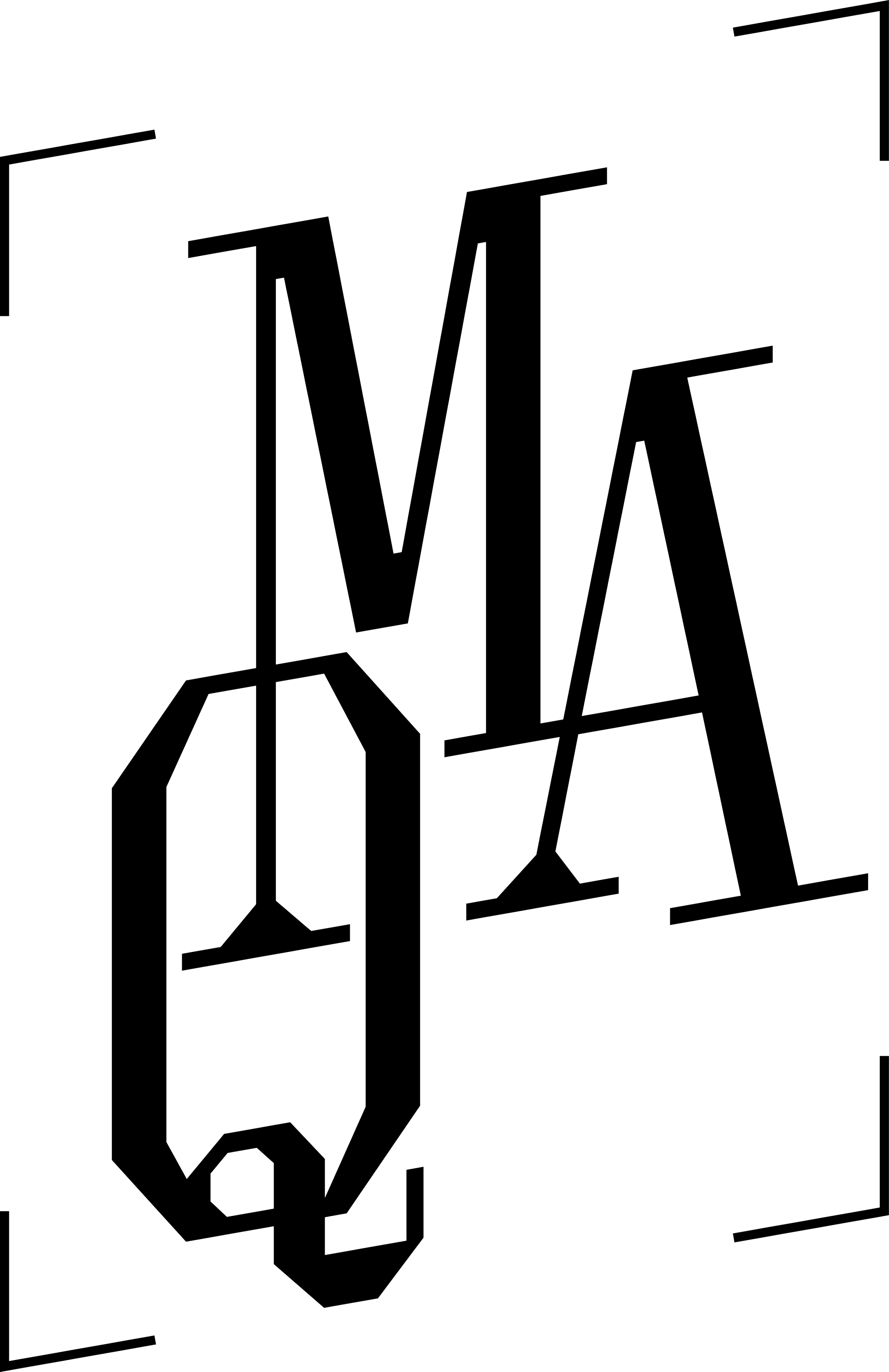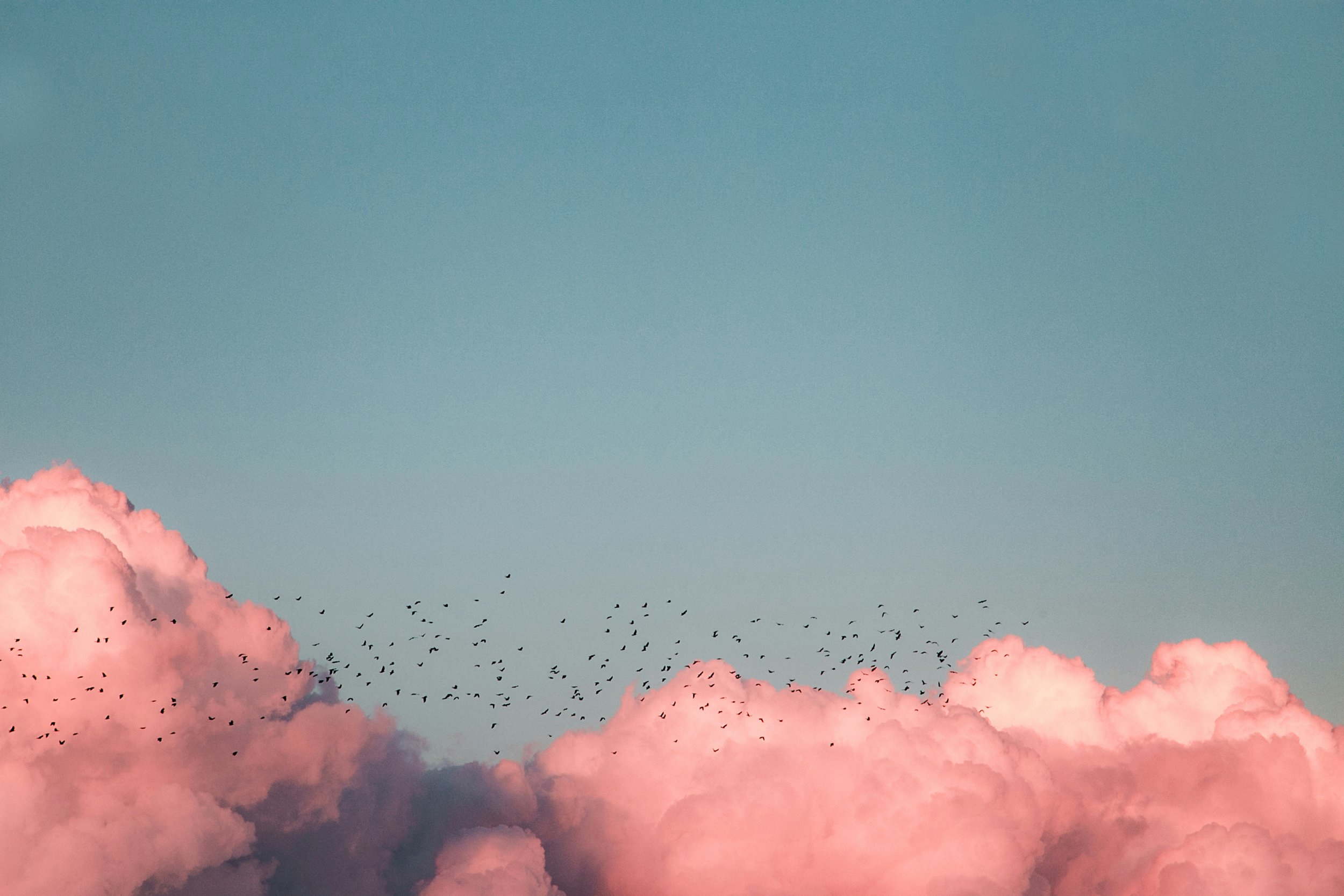Opinion piece
A Collective Roar against Silence
by Luna Al-mousli
(c) Unsplash, Kenrick Mills
My art serves as a multifaceted reflection, echoing the geopolitical and social intricacies of both my hometown, Damascus, and the new spaces I inhabit, such as Vienna. Marwan Makhoul's words resonate deeply: "in order for me to write poetry that isn't political, I must listen to the birds, and in order for me to hear the birds, the war planes must be silent." As a writer and cultural worker, I utilize my craft to channel the collective pain, grief, and hope of my communities, endeavoring to bridge gaps and confront prevailing Western narratives and also criticize the new home, as I see the potentials this country have to be better, more open, less discriminating and maybe set an example for other cities and countries.
Published works serve as poignant documentation of our stories, permeating public spaces and educational institutions. Dialogue with young minds has always been part of my work. It is crucial, breaking the silence imposed by mainstream narratives. Schools in Austria, Germany, and Switzerland offer fertile ground for challenging perspectives, instigating critical discourse, and nurturing empathy. Even within educational systems, where openness, tolerance and reflection are preached, there exists a troubling lack of introspection and reflexivity, also at universities. One would like to believe that art universities are liberal, especially when they host lectures on decolonization and power dynamics in art and culture. Yet, when it comes to demonstrating public solidarity and setting an example for other institutions, they often display cowardice. I myself was a student at the University of Applied Arts in Vienna, yet after almost 10 years of graduation, I see little change in their stance. I observe an institution that follows word trends, but fails to engage meaningfully with their significance or acknowledge their own responsibility in this regard. However, isn’t it also responsibility of artists and creators to impart upon universities the values they should embody, including critiquing status quo, both politically and artistically?
Raising awareness isn't a mere academic exercise; it demands emotional resilience and a commitment to action. Activism intertwined with self-care becomes paramount, fostering networks of solidarity and exchange. My artistic journey is a relentless battle against cultural hegemony, both within the educational system and in broader artistic practice. Creating spaces for marginalized voices is imperative, pushing institutions beyond tokenism towards genuine structural transformation.
Amidst the push for change, there's acknowledgment that institutions and individuals alike have room to grow and unlearn. Imperfection is inherent, but true strength lies in the willingness to course-correct. It's a hopeful vision: one where major museums publicly apologize for exhibiting art acquired through colonial plunder, or for underpaying marginalized artists. Admitting past wrongs and actively seeking solutions signifies progress—a crucial step towards a more equitable future.
As a diaspora artist, the delicate balance between survival and advocacy informs my every decision. Negotiating financial stability with unwavering commitment to my roots underscores the privilege I wield. It's not merely about commercial success but about shaping discourse and amplifying voices often sidelined by mainstream narratives.
Solidarity with others' struggles isn't confined to verbal affirmation; it necessitates tangible action. Providing space for artists affected by censorship or cancellation, fostering collaboration, and sharing resources are vital acts of solidarity. In an era where speaking out can result in repercussions, particularly regarding contentious political issues like the Palestinian cause, unity and mobilization are essential. Institutions must not settle for superficial diversity but instead undergo substantive structural change, addressing systemic biases and inequalities.
In essence, my art is not just a means of self-expression but a collective roar against silence, a testament to resilience, and a call for a world that listens and stands in solidarity. If art cannot serve as a tool for the struggle, then its purpose is rendered hollow. We cannot afford the luxury of apathy or complacency; instead, we must leverage our privilege to effect meaningful change and uphold the voices of those too often silenced.
About the author
Luna Al-Mousli, 1990, born in Austria, raised in Damascus.
She is an author, graphic designer and hosts the community party-series Raقsouna.

